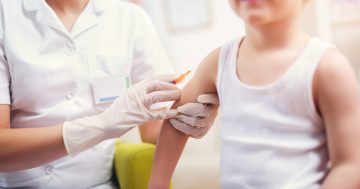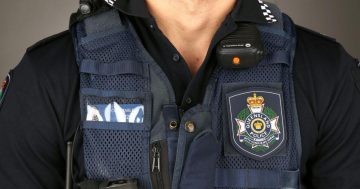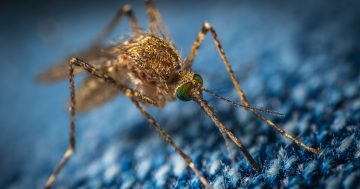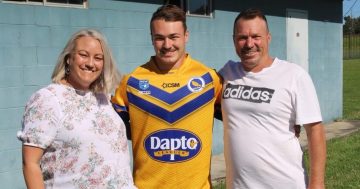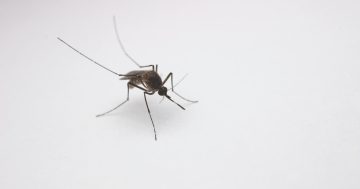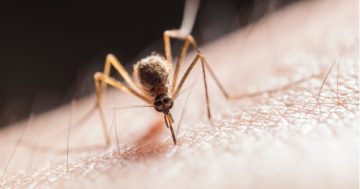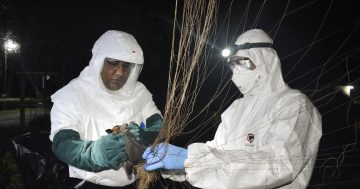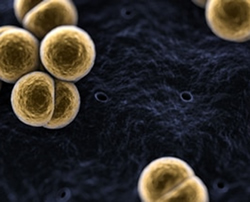 The Department of Health is urging schoolies to monitor for symptoms of meningococcal disease after a Victorian case was linked with celebrations in Queensland’s Sunshine Coast.
The Department of Health is urging schoolies to monitor for symptoms of meningococcal disease after a Victorian case was linked with celebrations in Queensland’s Sunshine Coast.
Deputy Chief Health Officer Dr Deborah Friedman said the confirmed case had recently returned from Maroochydore, where they attended schoolies celebrations from 26 November to 3 December.
“People who were in the Maroochydore area between 26 November to 3 December 2022, especially those who attended social venues with close contact such as night clubs, should monitor for symptoms,” Professor Friedman said.
“If symptoms develop, they should seek urgent medical care,” she said.
“Meningococcal disease is an uncommon but serious illness which can be potentially life-threatening.”
Prof Friedman said groups at highest risk of meningococcal infection included adolescents aged 15 to 19 years; infants and young children, particularly those under two years of age; and people who had not been immunised against the disease.
She said people who had close or prolonged contact with an infected person, such as household members and intimate partners, were also at higher risk of infection.
The Deputy Chief Health Officer said symptoms of meningococcal included fever and chills; headache; neck stiffness; joint pain; a rash of red-purple spots or bruises; sensitivity to light; and/or nausea and vomiting.
She said young children may present with symptoms of irritability; difficulty walking; high-pitched crying; and/or refusal to eat.
“People with meningococcal disease can become unwell very quickly and not all symptoms may be present at once,” Prof Friedman said.
“People who may have been exposed to meningococcal disease should monitor for symptoms and if they develop, people should seek urgent medical care,” she said.
“Some people may be contacted by the department and recommended to receive preventative antibiotics,” the Deputy Chief Health Officer said.



